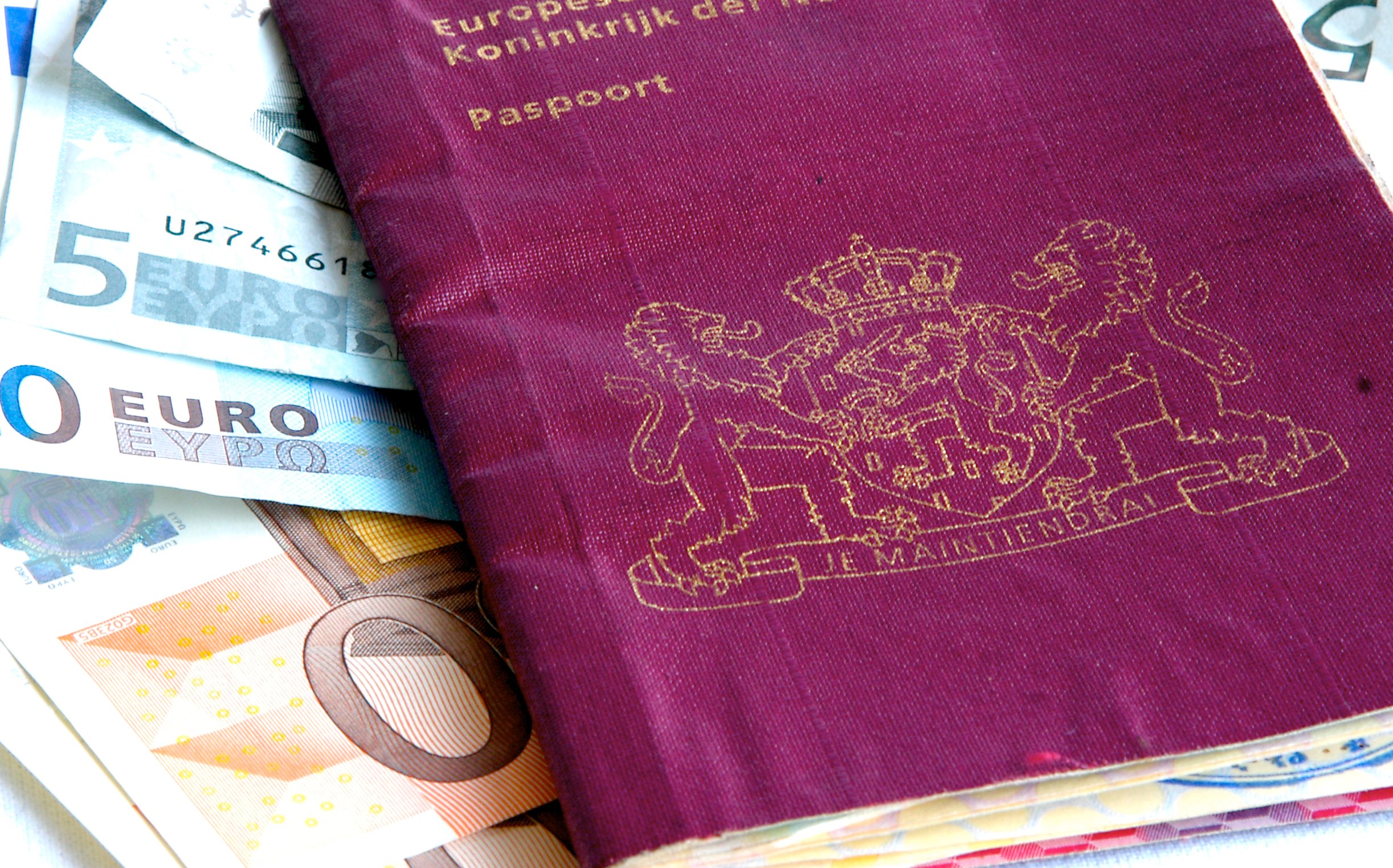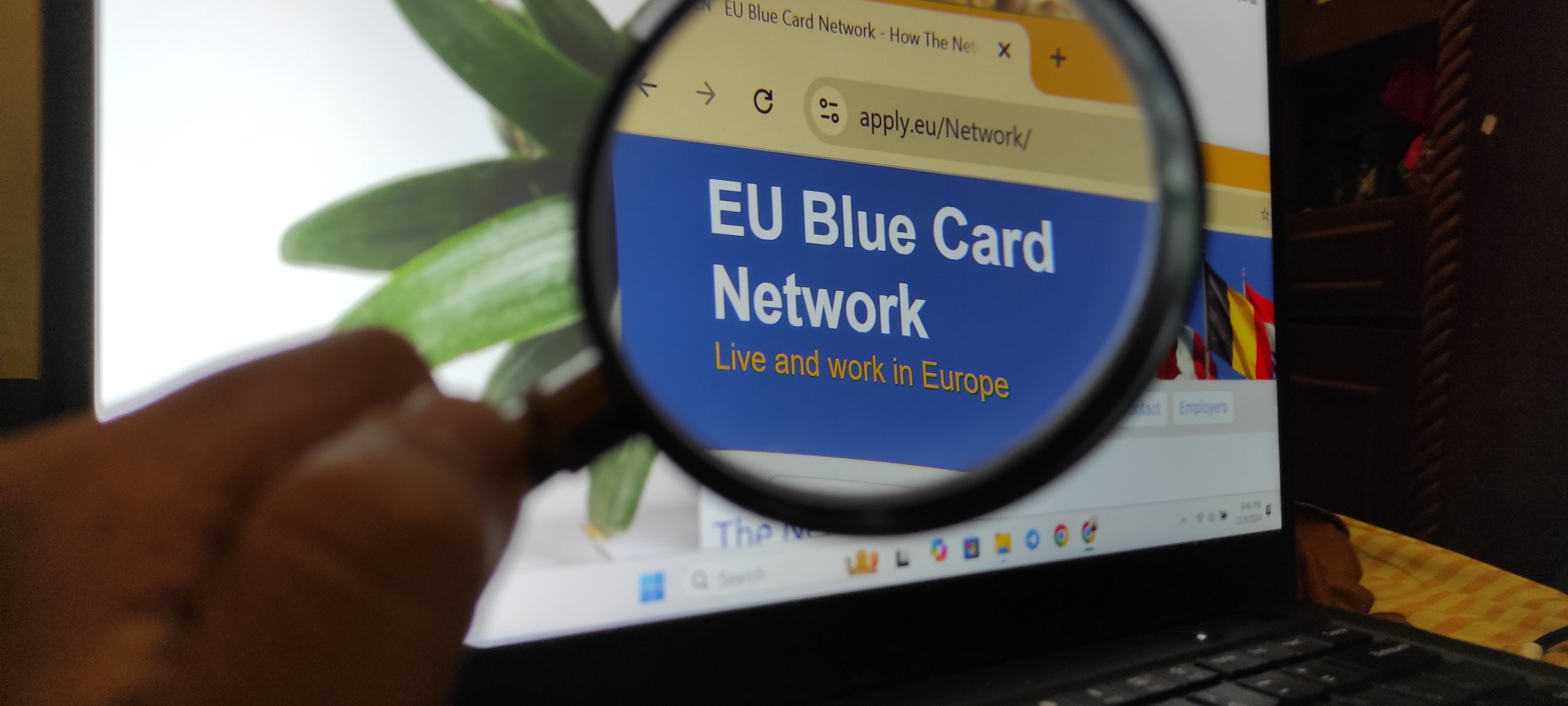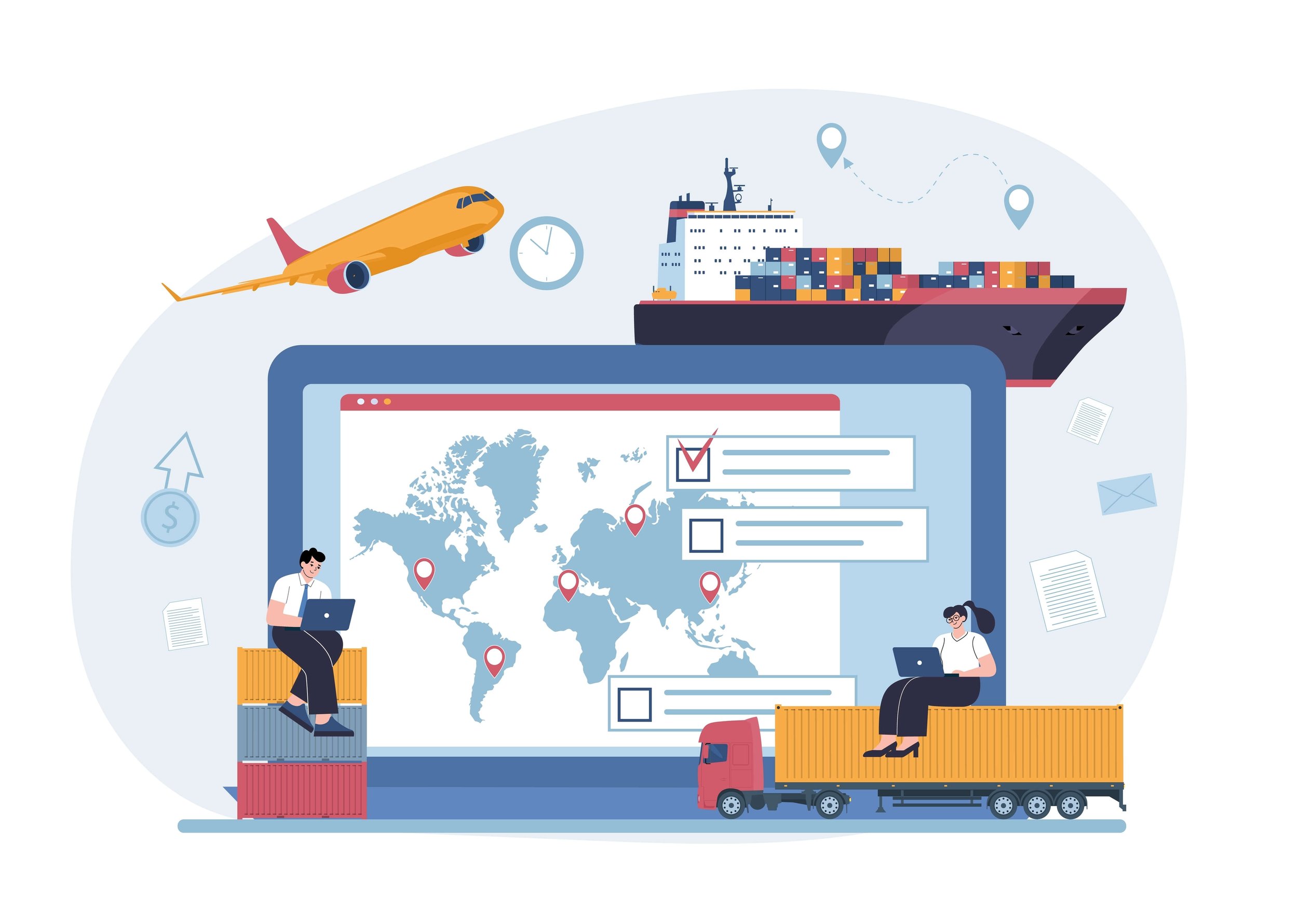Hiring Ukrainian Nationals under Temporary Protection in the Netherlands
5:06
Since the onset of the conflict in Ukraine in early 2022, millions of Ukrainians have been displaced, seeking safety and stability across Europe. The European Union activated the Temporary Protection Directive (TPD) to provide immediate support to those fleeing the war. In the Netherlands, this directive grants eligible Ukrainians the right to live, work, and access essential services without lengthy asylum procedures.
This article outlines the process for hiring Ukrainian nationals under temporary protection, options for transitioning to long-term residence, and the responsibilities of employers. For both employers and employees, understanding these rules is critical to ensuring compliance and making the most of the opportunities offered by the TPD.
The Temporary Protection Directive is an EU-wide measure introduced to address the urgent needs of people fleeing the conflict in Ukraine. Unlike standard asylum procedures, the TPD offers immediate and simplified access to residency, employment, education, and healthcare for displaced individuals. In the Netherlands, this means that Ukrainian nationals and eligible third-country residents from Ukraine can integrate into society quickly and with minimal bureaucratic barriers.
Under the TPD, individuals can reside in the Netherlands until at least March 4, 2026, with the possibility of extension if the crisis persists. They also have the right to work and access social benefits, making it easier for employers to hire them and contribute to their economic stability.
The following groups of people qualify for protection under the TPD in the Netherlands:
Ukrainian Citizens: Nationals who left Ukraine on or after November 27, 2021.
Non-Ukrainian Residents of Ukraine: Third-country nationals who held temporary residence permits in Ukraine on February 23, 2022, and registered in the Netherlands before July 19, 2022.
Family Members of Eligible Persons: Immediate family members of individuals meeting the above criteria may also qualify.
This protection is specifically designed to help displaced individuals find safety and rebuild their lives while the situation in Ukraine remains unstable.
One of the key advantages of the TPD is the simplified pathway to employment. Ukrainian nationals and eligible non-Ukrainian residents of Ukraine can work in the Netherlands without requiring a work permit (TWV). However, employers must follow these steps:
Notification to the UWV: Employers are required to notify the Employee Insurance Agency (UWV) at least two days before the employee begins work. This notification ensures compliance with Dutch regulations for hiring individuals under the TPD.
Documentation: Employees must provide proof of registration with the local municipality (BRP) and a temporary protection sticker or O-document from the Immigration and Naturalisation Service (IND).
This process eliminates many of the hurdles typically associated with hiring non-EU nationals, making it easier for employers to onboard new staff quickly.
Be aware that the temporary protection for eligible non-Ukrainian residents of Ukraine was ended, but the consequences have been frozen due to pending court-cases. On 19 December last the EU Court of Justice ruled that it was allowed to stop the protection, but the freeze remains in effect temporarily while waiting for the rulings of national courts, at least until March 2025.
Although the TPD provides temporary protection, some Ukrainians may wish to explore pathways to longer-term and more permanent residency. This can be an important step for those planning to stay in the Netherlands after the temporary protection period would end. Options include, but are not limited to:
Work Permits for Highly Skilled Migrants: Ukrainian employees in highly skilled roles that meet salary and job criteria can apply for a residence permit as a highly skilled migrant (HSM). Employers must be recognized sponsors with the IND.
EU Blue Card As with the HSM procedure, Ukrainians who meet the criteria can obtain an EU Blue Card via their employer.
Study Permits: Those looking to pursue higher education can transition to a residence permit for studying. Admission to a Dutch institution and proof of financial resources are required.
Family Reunification: Ukrainians with family members legally residing in the Netherlands can apply for a residence permit under family reunification regulations.
Exploring these options early ensures a smooth transition and avoids disruptions when the temporary protection period ends.
If you have any questions or are in need assistance with a specific situation, please reach out to us.


Unravel the key differences between staffing and payrolling to make informed decisions for your business needs.

Avoid costly fines when hiring non-EU students in the Netherlands. This guide covers work permits, working hour limits, and administrative duties for employers.

Hiring non-EU talent as a non-profit in the Netherlands? Learn the pros, cons & criteria of key permits like the Highly Skilled Migrant, GVVA & EU Blue Card. Find out which fits your organization best and get expert help to simplify the process!

Looking to hire top global talent fast? Learn how your Dutch startup can hire highly skilled migrants using an Employer of Record—skip the red tape, stay compliant, and scale smarter. Discover the benefits and process in our guide.

Discover the ins and outs of holiday allowance in the Netherlands, including how it’s calculated, when it’s paid, and why it’s an essential perk for employees in the Netherlands.

The Netherlands has relaxed EU Blue Card requirements, offering better job security, lower salary thresholds, and new IT professional benefits. Find out how you can qualify!

Become a recognized sponsor with the IND and benefit from a fast-track immigration process. Discover the advantages, requirements, and application steps. Exterus guides you through every phase, from recognition to Employer of Record services.

Learn how to transition from self-employment under a DAFT permit to a salaried position in the Netherlands. Navigate Dutch immigration & employment regulations with ease.

Understanding the rules and regulations surrounding leave for highly skilled migrants is important for both employers and employees in ensuring compliance.

Discover the benefits of the International Trade Scheme (ITS) for Dutch businesses. The ITS allows companies to bring in specialized non-EU workers quickly and efficiently without the need for individual work permits, streamlining international projects.

This article aims to provide an outline of the requirements and procedural steps to ensure a smooth and compliant experience for hiring interns in the Netherlands
Subscribe to our newsletter and stay ahead with the latest insights and developments in global employment mobility, delivered straight to your inbox.
By subscribing you agree to with our Privacy Statement